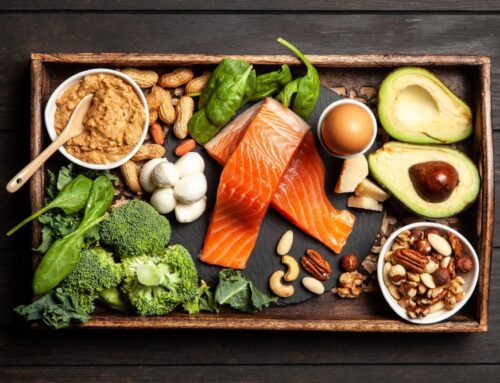Olive oil and certain other vegetable, seed oils get qualified health claim
Original article by Crystal Phend, Senior Associate Editor, MedPage Today
 Consuming oil high in oleic acid may reduce risk of coronary heart disease when it replaces saturated fat, the FDA announced.
Consuming oil high in oleic acid may reduce risk of coronary heart disease when it replaces saturated fat, the FDA announced.
The qualified health claim, which didn’t rise to the level of an authorized health claim due to limited scientific evidence, will be allowed on food packaging labels for edible oils containing at least 70% oleic acid, the agency announced in a statement from FDA commissioner Scott Gottlieb, MD.
The claim specifies that “supportive but not conclusive scientific evidence suggests that daily consumption of about 1 1/2 tablespoons (20 grams) of oils containing high levels of oleic acid, may reduce the risk of coronary heart disease.” It must also include the disclaimer that the benefit comes from replacing fats and oils higher in saturated fat without increasing the total number of calories consumed.
The basis for the claim was the finding in six of the seven small clinical studies evaluated that consumption of high oleic acid oil lowered cholesterol levels if it replaced other types of fats and oils higher in saturated fats.
“By allowing such claims on food product labels, we at the FDA also hope to encourage the food industry to reformulate products,” Gottlieb said in the statement.
High oleic acid oils are not related to Olestra, an artificial fat used as a food additive that became infamous for causing intense diarrhea and anal leakage.



